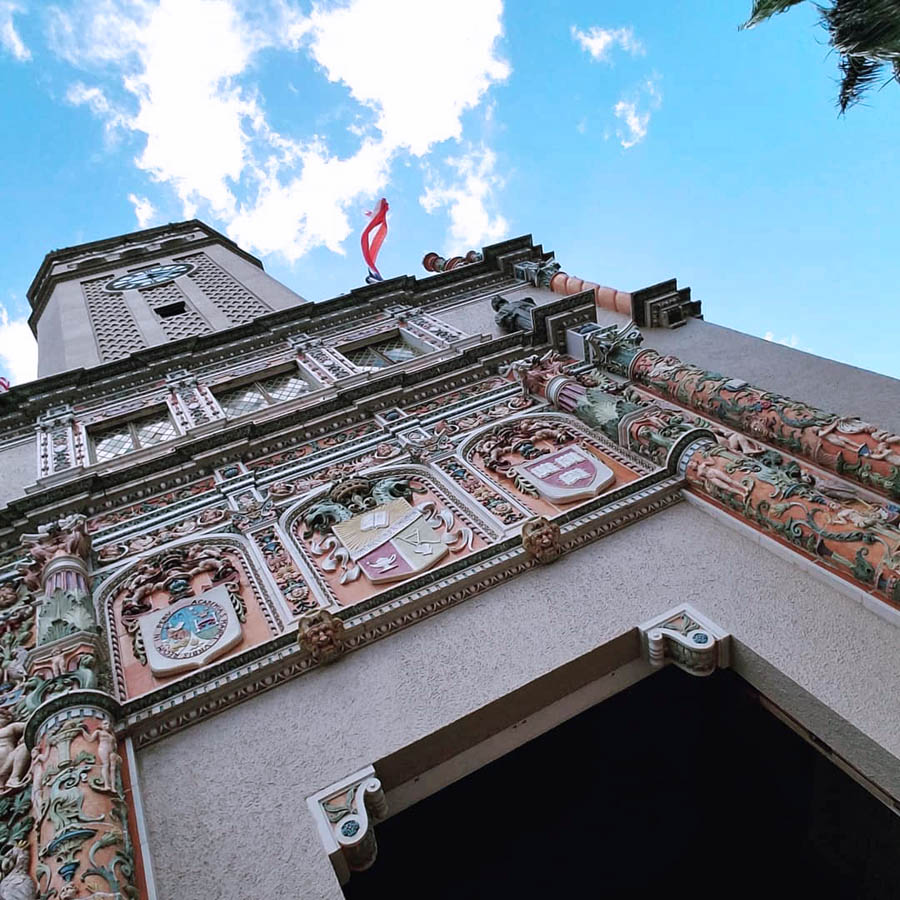National Science Foundation grants $1.5M to UPR for ‘Rise Up’ project

The University of Puerto Rico has received nearly $1.5 million from the National Science Foundation to launch a five-year project called “Rise Up,” which will bring together three of its campuses to seek solutions to certain problems that came up after Hurricane María.
The UPR’s Río Piedras, Mayagüez and Ponce campuses will collaborate on a new curriculum with an emphasis on interdisciplinary studies on the planning and implementation of resilient and sustainable structures in Puerto Rico, and that seeks to realign the professions of architecture and engineering to the needs arising post María, college officials said.
Carla López del Puerto, professor of engineering at the UPR-Mayagüez, submitted the proposal as a teacher lead researcher together with co-researcher professor Humberto Cavallín-Calanche, architect and social-community psychologist at the Río Piedras campus, to contribute interdisciplinary tools to the current recovery efforts on the island and prepare students to address future challenges in infrastructure planning.
“Damage caused by Hurricane María showed the vulnerability of the infrastructure in Puerto Rico and caused us to gain awareness that we must be better prepared for hurricanes and other natural phenomena such as earthquakes, to which the island is exposed,” López del Puerto said.
“To achieve this we must design and build infrastructure to withstand the impact of these phenomena,” she said.
“Raising public awareness of the vulnerability of our infrastructure created an opportunity for engineering and architecture students to collaborate and provide interdisciplinary solutions,” the professor added.
“This project will allow us to recruit students and prepare them to become trained professionals to design and build the sustainable and resilient infrastructure that Puerto Rico so badly needs,” she added.
For this curriculum, approximately 20 students will be selected per year, from every UPR campus, so that upon completion of the proposal. 110 students will have gained knowledge and experience, Cavallín-Calanche explained.
The curriculum has two phases, where students can acquire new knowledge and develop in an interdisciplinary field in hybrid classes, in other words, in person and online. The first consists of a series of general courses on sustainable design, interdisciplinary practice, training in the use of programs, among others.
While the second phase will focus on learning on the field, through practices and internships in government agencies, non-governmental organizations, or private companies, which will lead to the experience of real case studies. This would support the realization of a database created by the students themselves, the UPR confirmed.
Currently, the proposed curriculum is in its first stage of readjustment and will begin to be implemented in the August 2019 academic semester. However, students recruitment — most of whom are in architectural and engineering programs at the undergraduate level — will start during the January to May 2019 semester.
A project designed for students
“Most of the funding received will go to students,” said Cavallín-Calanche. “More than 80 percent of the funds are to cover costs of students participating in the program. This includes tuition for courses, grants for travel related to the curriculum, financing for the necessary tools to be used and the internships in which they will participate.”
According to Edgardo Agosto-Pagán, a student participating in the pilot program, when the curricular sequence was started five years ago, for them it was essential to implement communication and interdisciplinary work, “because it was the first time architecture students had a real meeting with Mayagüez engineering students, which is important because our work always goes together.”














